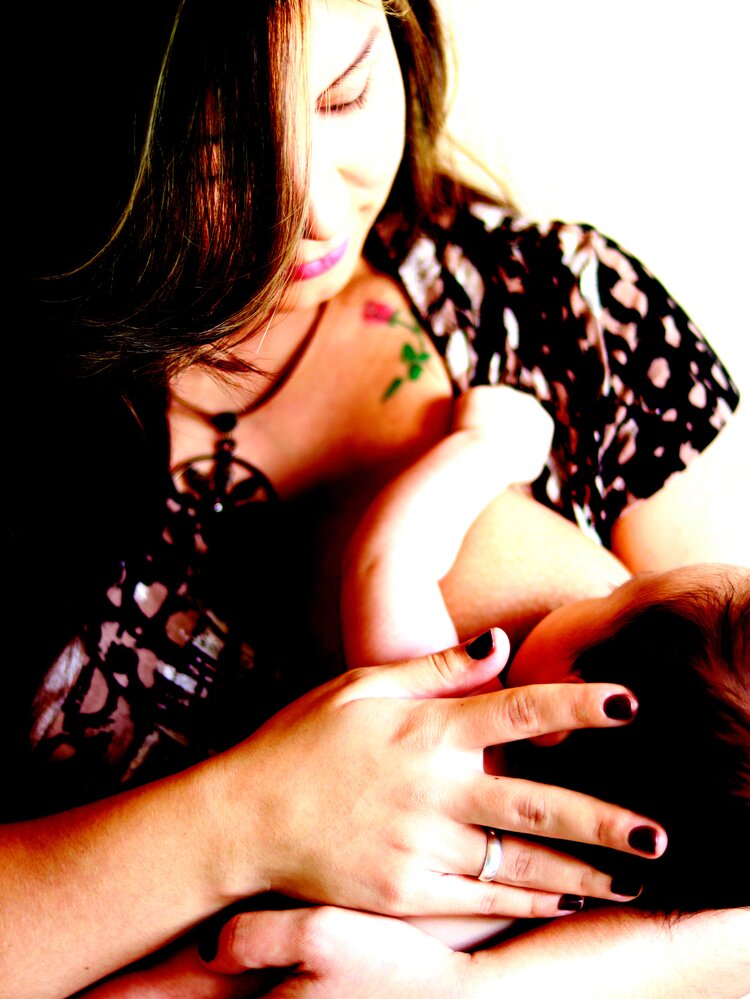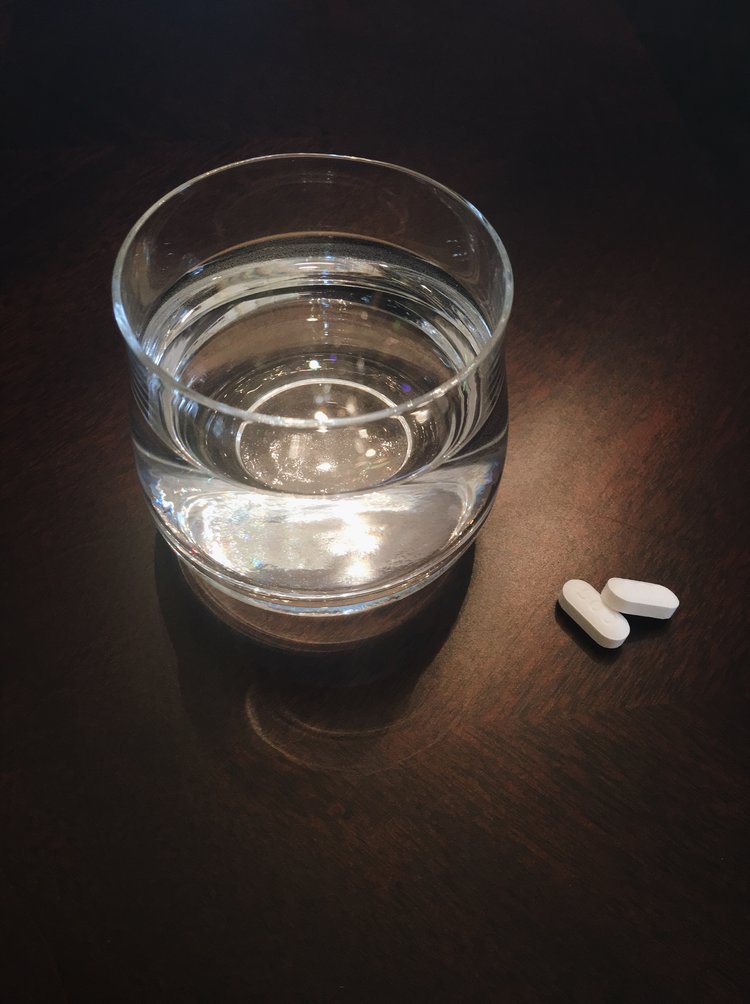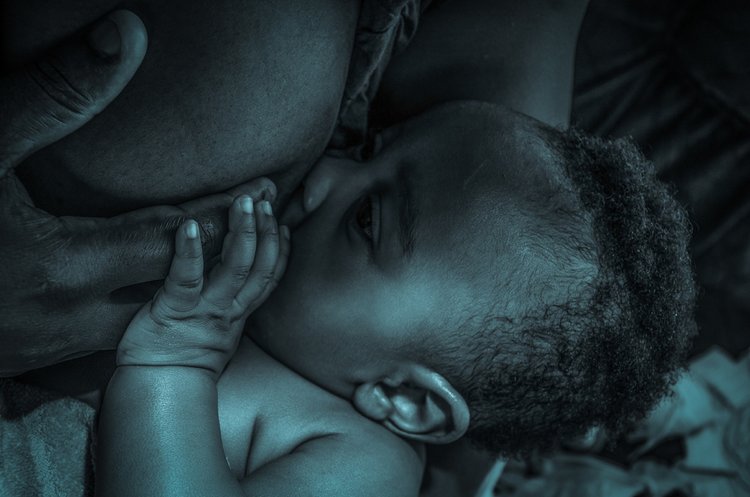
How we feel about infant feeding and how infant feeding is going is bidirectional. That means, supporting mothers’ emotions is important for baby care and women’s experiences of infant care impact emotions. This can be a positive cycle or a challenge. Ideally, health care team members and family and friends give mothers good support to help them on the journey. Many mothers have stories about their baby feeding experiences. For some, they were able to breastfeed easily and as planned. For others, breastfeeding/milk expression was challenging and disappointing. Some women thought they’d love breastfeeding and they didn’t. Others found the opposite.
There can be a lot of judgement around infant feeding choices – no matter what a mother decides to do! Women are often their own worst critic. It is time to change these conversations – to support all new parents in feeding their babies in a way that works for them.
A small percentage of lactating women experience D-MER (Dysphoric Milk Ejection Reflex). This is a condition in which the mother abruptly feels negative emotions around the first few minutes of breastfeeding or expressing milk. There are big shifts in hormone levels with milk ejection, and it’s thought that these hormone changes cause these negative emotions in the first few minutes of breastfeeding. Key hormones that change with milk ejection include oxytocin and prolactin, which increase, and dopamine, which decreases. A mother who experienced D-MER written a book about this condition. She emphasizes that this problem is not caused by hormones and is a reflex, and is a form of postpartum depression. Her website is available here. Understanding D-MER can be helpful for coping. More information is available at here.
There are a lot of tools to track and support behaviors in the 4th Trimester – like apps to track baby feeding. Connecting with people is as important if not the most effective component of care.
Baby feeding can be very stressful and bring up a lot of feelings. Postpartum Support International has 24/hour x 7 days a week resources to help you. Click here to access their resources.
















